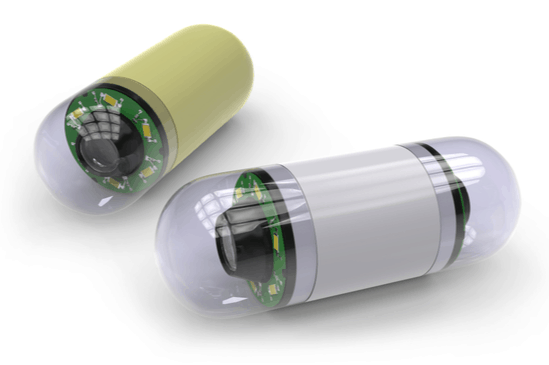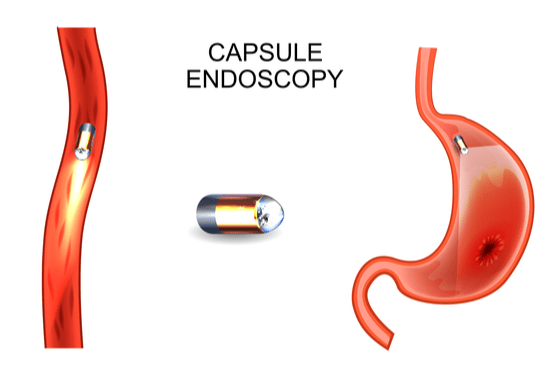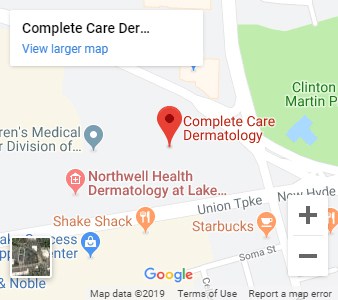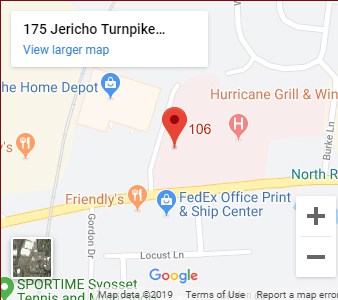Your doctor will prepare you for the examination by applying a sensor device to your abdomen with adhesive sleeves (similar to tape). The pill-sized capsule endoscope is swallowed and passes naturally through your digestive tract while transmitting video images to a data recorder worn on your belt for approximately eight hours. At the end of the procedure you will return to the office and the data recorder is removed so that images of your small bowel can be put on a computer screen for physician review.
Most patients consider the test comfortable. The capsule endoscope is about the size of a large pill. After ingesting the capsule and until it is excreted, you should not be near an MRI device or schedule an MRI examination.
You will be able to drink clear liquids after two hours and eat a light meal after four hours following the capsule ingestion, unless your doctor instructs you otherwise. You will have to avoid vigorous physical activity such as running or jumping during the study.
Your doctor generally can tell you the test results within the week following the procedure; however, the results of some tests might take longer.
Although complications can occur, they are generally rare when doctors who are specially trained and experienced in this procedure perform the test. There is a potential for the capsule to be stuck at a narrowed spot in the digestive tract resulting in bowel obstruction. This usually relates to a stricture (narrowing) of the digestive tract from inflammation, prior surgery or tumor. It is important to recognize obstruction early. Signs of obstruction include unusual bloating, abdominal pain, nausea or vomiting. You should call your doctor immediately for any such concerns. Also, if you develop a fever after the test, have trouble swallowing or experience chest pain, tell your doctor immediately. Be careful not to prematurely disconnect the system as this may result in loss of pictures being sent to your recording device.








